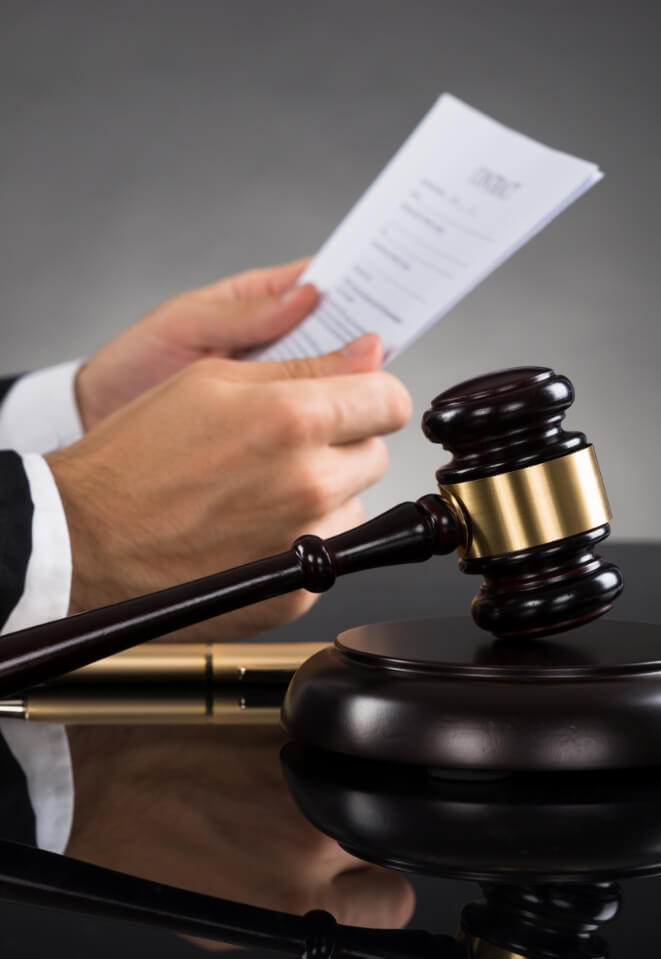
Sometimes a party can appeal the decision of a judge or a jury. This is not true in every case, but it is true where there has been an “error of law” that affected the decision. A party who wishes to appeal a decision must give ” notice” within thirty days of the judgment from which he or she is appealing.
Appeals are different from proceedings before a trial court or administrative agency. On appeal, you must make all your arguments in writing. You cannot present witnesses. You cannot present new evidence. Usually, you can only make arguments about issues that were raised and decided in the lower court proceedings and cannot make new arguments.
Appeals do not typically focus on the facts of a case. The judge or the jury decided those facts at the trial, and unless there is no credible evidence supporting those factual findings, an appellate court must accept those findings of fact and cannot change them. Instead, appeals deals with whether a judge or jury applied the law correctly.
There is not a right to appeal in every case. Indeed, if you file a “frivolous appeal” in civil case, you may be ordered to pay the opposing party’s costs and attorneys’ fees. The party bringing the appeal has a responsibility to research court rules, case law, and constitutional issues, if applicable, and must evaluate whether a particular decision can be appealed in good faith.
What follows are the typical stages of an appeal. This is a guideline to help you understand the process generally. It is by no means inclusive of the process for all appeals. Although there are a lot of similarities, we have separate pages describing a few differences between civil appeals and criminal appeals.
The first stage of an appeal is to give formal notice to the court and the other parties that you intend to appeal by filling a Notice of Appeal in the trial court. You must specify the judgment, order or decision you are appealing from.
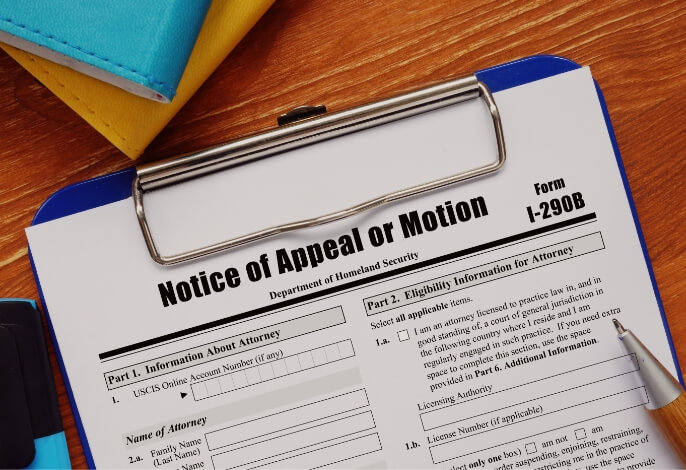
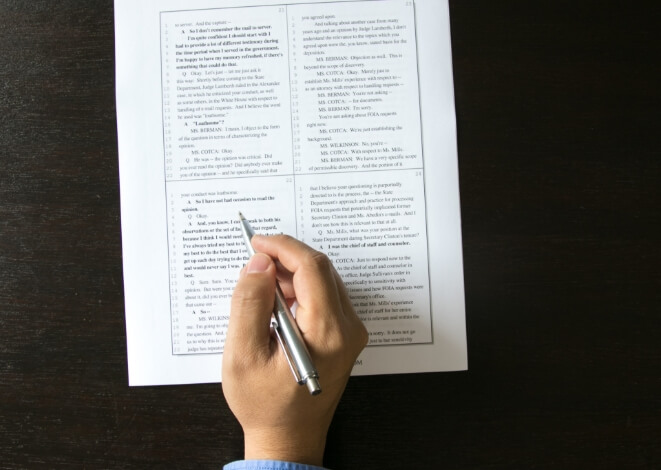
In most appeals, a record of what happened in the court or administrative agency from which you are appealing must be prepared. If there was a trial, a transcript of the testimony of the parties and witnesses at trial will likely be created by the court reporter. If there was an argument before a judge, a transcript of that argument may be prepared. These transcripts are prepared from the court reporter’s transcription or a tape of the proceedings. The trial court clerk assembles the documents in the court’s file and sends them to the Appeals Court.
Once the record has been prepared, the person bringing the appeal, the so-called appellant, must prepare and file a written argument, otherwise known as a brief. The brief is filed with the court and served on the other parties. The brief explains the facts of the case, the issues that the appellate court is being asked to decide, an argument explaining the reasons why the appellate court should decide in favor of the appellant, and a request for a particular remedy, such as giving the parties a new trial. Once the appellant has prepared and served his or her brief, the opposing party, the so-called appellee, has an opportunity to present contrary arguments. After the appellee has served his or her brief, the appellant has an opportunity to prepare and file a reply brief in response to the arguments made by the appellee.


In some cases, the court will schedule a time for the lawyers to make an oral argument on appeal. Sometimes the lawyers for the parties will present arguments to a panel of three judges; other times they will present arguments to a larger panel. These arguments are open to the public, and the parties can attend.
The fifth stage of an appeal is the decision. The decision, which is called an opinion, is usually issued around 120 days after the oral argument (if the parties have been allowed to one). After the decision is issued, the party that lost may be able to ask a higher court to review the decision.
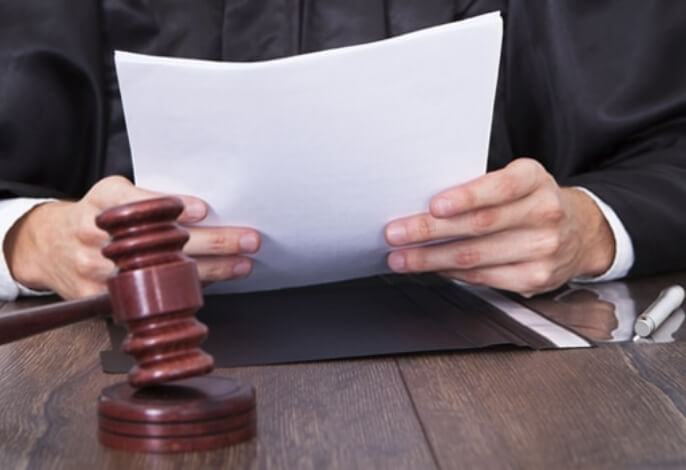
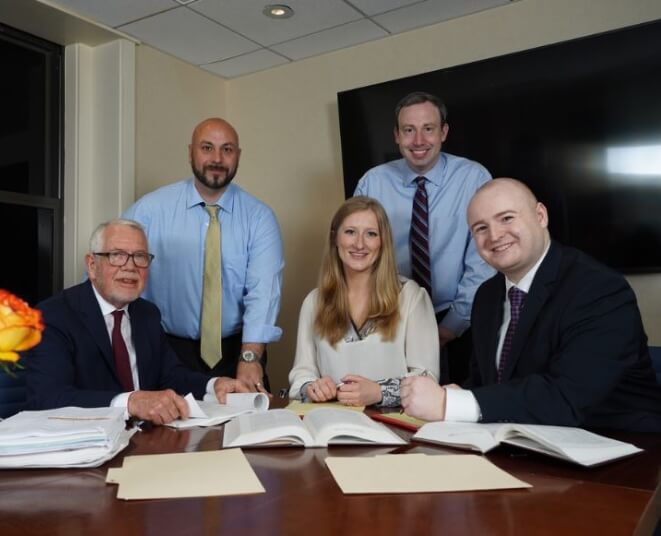
If you think that you may have an appeal, call us. KJC Law Firm appellate lawyers have more than 125 years of experience in appeals and have handled cases in the Massachusetts Appeals Court and Supreme Judicial Court as well as the United States Court of Appeals for the First Circuit and the Supreme Court of the United States. We have been called upon to handle numerous multi-million dollar appeals for individuals and major corporations. We have unsurpassed legal research and writing capabilities and experience and the resources to investigate and successfully litigate your appeal. KJC Law Firm represents people from communities across Massachusetts, including the Greater Boston area Cambridge, MetroWest, Worcester, Springfield, Cape Cod, Fall River and Lowell.










































Five Tips to Survive Your Lawsuit and Help Make It a Winner
If you’d like to share more information with us about your situation, feel free
to write as much or as little as you like below. (Not required.)